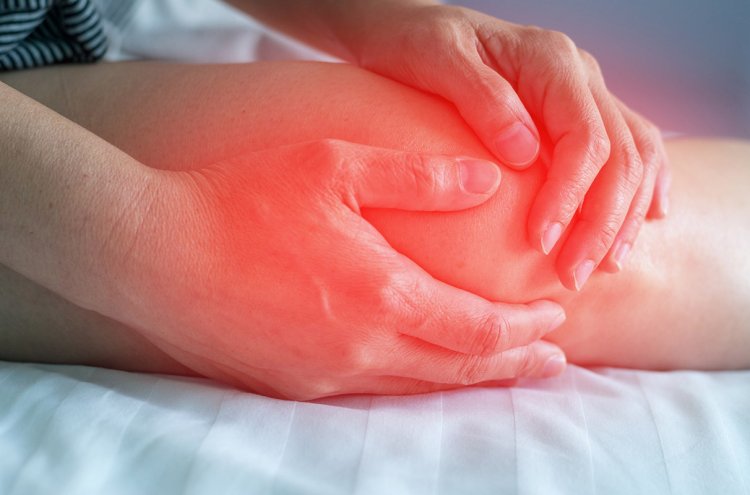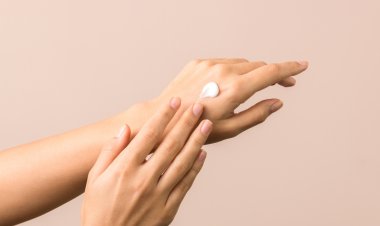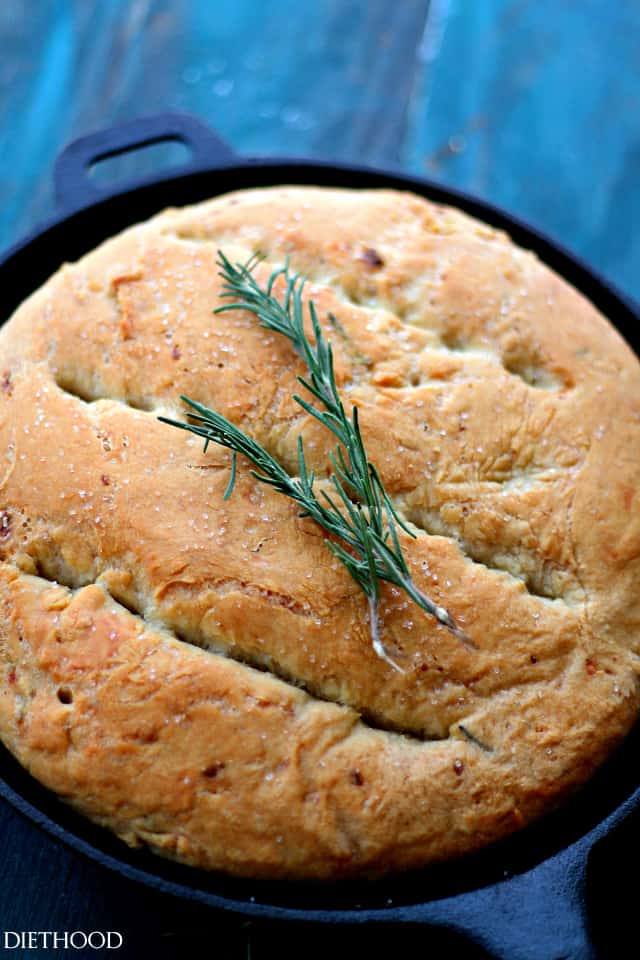How to prevent rheumatism in old age
FHS Magazine is an offshoot of the organization of Finest Herbal Shop LLC. Finest Herbal Shop deal with herbal remedies, We produce effective and organic herbal products and skincare solutions for skin treatment.

As the body ages, different health issues can develop. Rheumatism is one of the conditions known to affect aging adults. Rheumatism is a term that encompasses a variety of conditions, including arthritis and other inflammatory diseases.
Rheumatism arises when the body begins to break down the protective layers surrounding the muscles, bones, and joints, resulting in the release of inflammatory agents that can cause pain, swelling, stiffness, and discomfort. Both men and women can be affected, although women tend to develop symptoms more quickly and at greater risk than men.
The most common type of rheumatism in older adults is osteoarthritis, a degenerative joint condition that affects the protective cartilage that covers the ends of bones. As the cartilage begins to break down, bone rubs against bone, leading to pain, swelling, and difficulty moving the affected joint. In severe cases, the joint can become completely immobilized. Other types of rheumatism include gout, bursitis, and fibromyalgia.

Though rheumatism generally cannot be cured, the symptoms can be managed. Treatment options include physical therapy, exercise, and medications such as analgesics, corticosteroids, and nonsteroidal anti-inflammatory drugs (NSAIDs). In some cases, surgery may be recommended to repair or replace damaged joints.
It is important for older adults to take steps to reduce their risk of developing rheumatism. Regular physical activity helps to maintain joints and muscles in good shape, and proper nutrition with the right balance of vitamins and minerals is essential for overall health. Additionally, getting regular medical treatment for any existing conditions can help prevent or reduce rheumatism-related complications.
Rheumatism can affect older adults and cause significant levels of pain and restricted mobility. Although the condition is not curable, its symptoms can be managed through treatments such as physical therapy, exercise, and medications. Taking preventive steps such as staying physically active and eating a healthy, balanced diet can help reduce the risk of developing rheumatism.
Causes of rheumatism in old age.
One of the most common causes is age-related wear and tear. As joints are used over time, they naturally experience some degree of wear and tear. In the elderly, this wear and tear can be more pronounced, leading to rheumatism.
Another possible cause of rheumatism in elderly adults is the presence of certain diseases. Diseases such as arthritis, osteoporosis, bursitis, and gout can all increase the risk of developing rheumatism. They can activate pain and inflammation of the joints, which can lead to an onset of rheumatism.

Lifestyle and genetic factors may also be at play in the development of rheumatism in elderly adults. Not getting enough exercise, an unhealthy diet, and being overweight are all linked to increased risk for rheumatism. Genetics can also come into play, as certain populations are more prone to developing the condition.
It is important to recognize that rheumatism is a common affliction among elderly adults. It can be caused by various factors, including age-related wear and tear, certain diseases, lifestyle and genetic factors, and more. Understanding the causes of rheumatism in the elderly is important in determining the best course of action for reducing its effects.
How to prevent rheumatism in old age.
Here are a few tips on how to prevent rheumatism in old age.
Exercise Regularly : Regular exercise is one of the best ways to prevent rheumatism in old age. The American Geriatrics Society recommends that seniors engage in moderate-intensity physical activity at least three times per week. This can help to reduce joint pain and stiffness, and improve overall mobility.
Maintain a Healthy Weight : Excess body weight can increase the strain on joints, making them more prone to damage. Maintaining a healthy weight is essential for preventing rheumatism. Eating a balanced diet, limiting portion sizes, and engaging in regular physical activity can all help seniors to maintain a healthy body weight.
Stay Hydrated : Staying hydrated is also important for preventing rheumatism. Drinking plenty of water helps to lubricate joints and reduce the risk of injury.
Manage Stress : Stress can worsen the symptoms of rheumatism, so it's important for seniors to take steps to manage their stress levels. Practicing relaxation techniques such as meditation, breathing exercises, and yoga can help to reduce stress and improve overall well-being.
Get Adequate Sleep : Getting adequate sleep is essential for preventing rheumatism. Sleep helps to reduce inflammation, reduce stress, and repair tissues. It is recommended that seniors get 7 to 9 hours of sleep per night.
Follow Your Doctor's Advice : It is important to follow your doctor's advice when it comes to rheumatism prevention. Your doctor may prescribe medication or suggest lifestyle changes to help manage the disorder. It is important to stick to the recommended regimen in order to reduce your risk of developing rheumatism.
By making lifestyle changes and following their doctor’s advice, old people can reduce their risk of developing rheumatism and maintain their mobility and independence.
Natural treatments for rheumatism.
A natural approach to treating rheumatism symptoms can include lifestyle adjustments, dietary changes, herbal remedies and nutritional supplements.
Lifestyle adjustments can be particularly beneficial in reducing the symptoms of rheumatism. Low-impact aerobic exercise, such as biking, yoga, and swimming can help reduce inflammation, protect cartilage, and strengthen muscles. Cold-water therapy, such as soaking in a warm-water bath, taking a cold shower, or applying an ice pack to affected joints, can also reduce swelling and stiffness.

Eating a balanced diet that includes plenty of fresh fruits and vegetables is essential for reducing inflammation and supporting healthy joints. Eating foods high in omega-3 fatty acids, such as fish, walnuts, and flaxseed, can also help reduce inflammation and improve range of motion. For additional support of the musculoskeletal system, adding glucosamine and chondroitin supplements to the diet can be beneficial.
Herbal remedies also offer tremendous anti-inflammatory and analgesic benefits. Herbs such as turmeric, echinacea, ginger, Boswellia, and bromelain can be taken as dietary supplement pills or applied directly as topical creams. These herbs can help reduce inflammation, pain, and swelling in the joints.
In addition to these natural remedies, it is important to get enough rest. Fatigue and overworking the joints can easily exacerbate symptoms of rheumatism. Massage can also be helpful in reducing pain and promoting relaxation.
Overall, natural treatments can be used successfully to reduce the symptoms of rheumatism and manage flare-ups. However, it is still a good idea to work with a qualified healthcare provider for guidance in choosing the best treatment for your particular condition.

 Samuel
Samuel 










